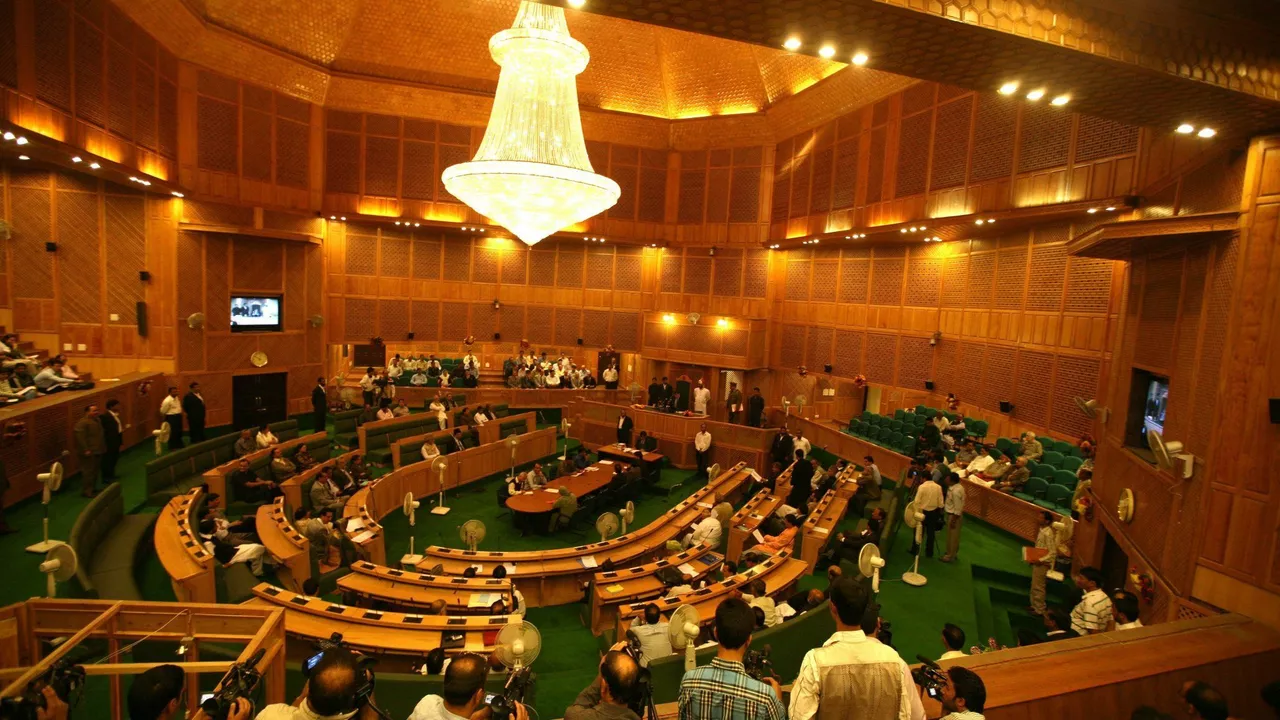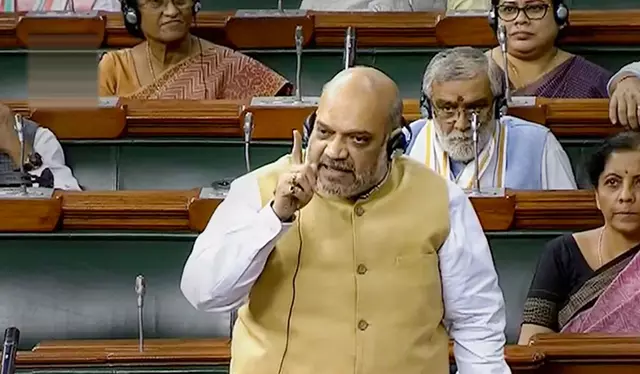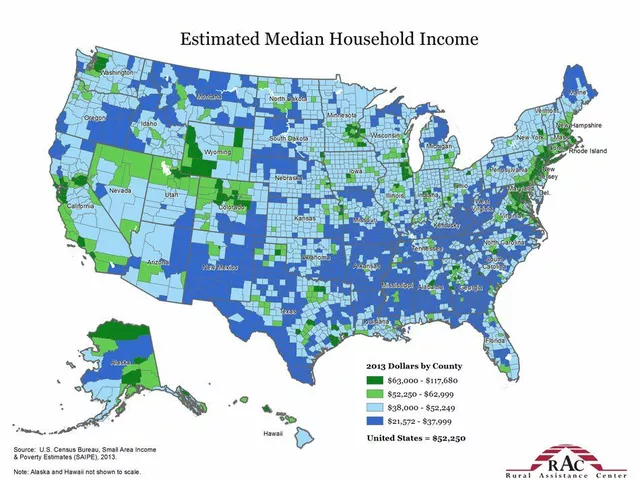Judicial Hypocrisy: What It Is and Why It Matters
Ever notice a judge preaching one rule while applying another? That’s judicial hypocrisy in action. It shows up when courts claim to be neutral but treat similar cases differently because of politics, personal bias, or pressure.
How It Shows Up in Everyday Cases
Think about a high‑profile corruption case that gets a harsh sentence, while an ordinary citizen facing the same charge walks free. Or a celebrity gets a lighter penalty because of fame. Those gaps aren’t random – they’re signs that the system isn’t applying the same standards to everyone.
Another classic sign is when a judge publicly condemns a type of behavior, like tax evasion, but then lets a friend or relative get off with a slap on the wrist. The public sees the double standard and loses trust.
Why It Happens
Power is the biggest driver. Judges, like anyone else, have relationships, political ties, and personal beliefs that can color decisions. Media pressure can also push a court to over‑react in one case while ignoring another.
Sometimes the law itself is vague. When statutes leave room for interpretation, judges can pick the meaning that best fits their agenda. That flexibility is useful, but it also opens the door for selective justice.
Corruption, too, fuels hypocrisy. Bribes, favors, or promises of future appointments can make a judge bend the rules. Even the fear of backlash – like a protest or media storm – can lead to harsher rulings that send a political message.
What You Can Do About It
If you suspect judicial hypocrisy, start by gathering facts. Compare similar cases, note the outcomes, and look for patterns. Transparency portals, court archives, and news reports are good sources.
Raise the issue through the right channels. File a complaint with the judicial oversight board, or write to a local representative asking for an investigation. Social media can amplify concerns, but keep the tone factual and respectful.
Supporting NGOs that monitor court decisions also helps. They often have the expertise to spot inconsistencies and can push for reforms like mandatory sentencing guidelines.
Finally, stay informed. Knowing your rights and the legal standards makes it easier to spot when a judge steps out of line. The more people call out double standards, the harder it becomes for hypocrisy to hide.
Judicial hypocrisy isn’t just a legal buzzword – it’s a real threat to fairness. By understanding how it works and taking simple steps to flag it, you can help keep the justice system honest.





